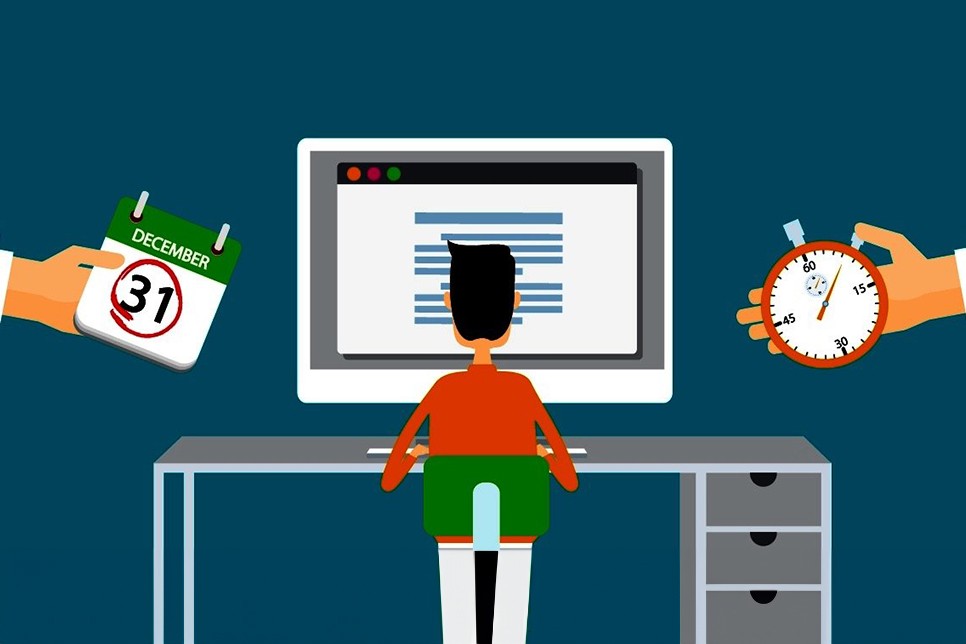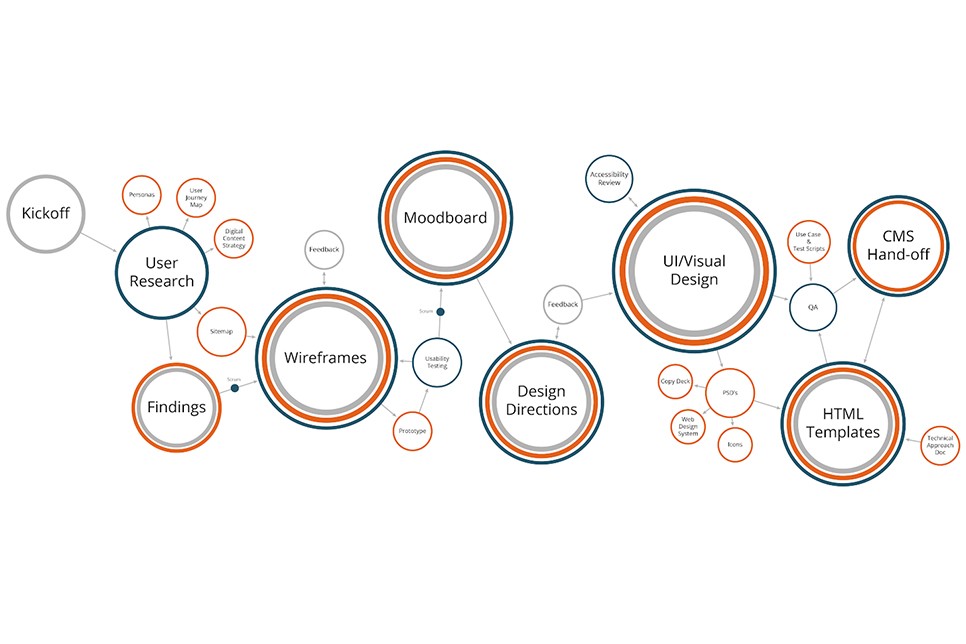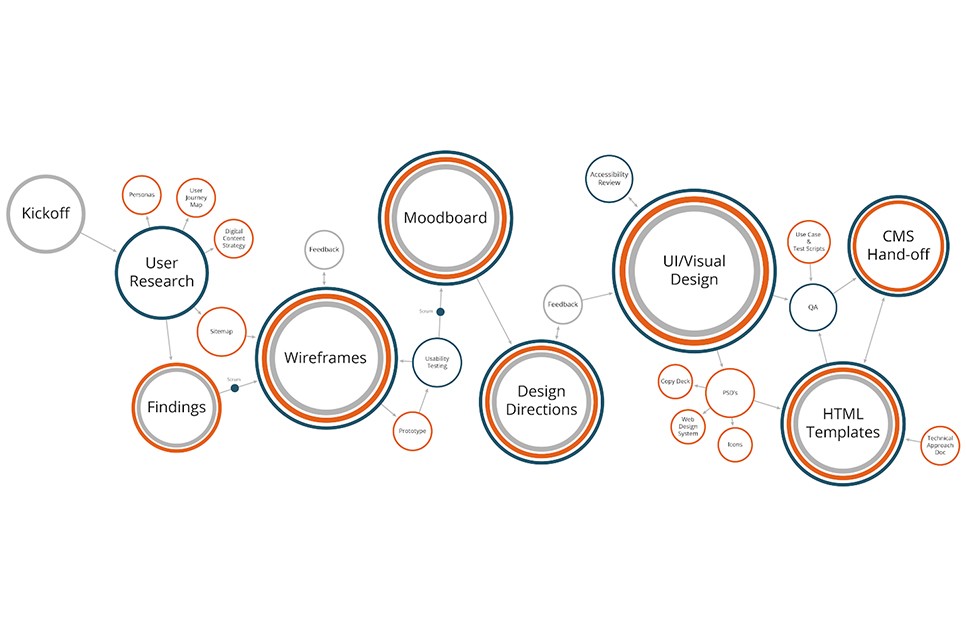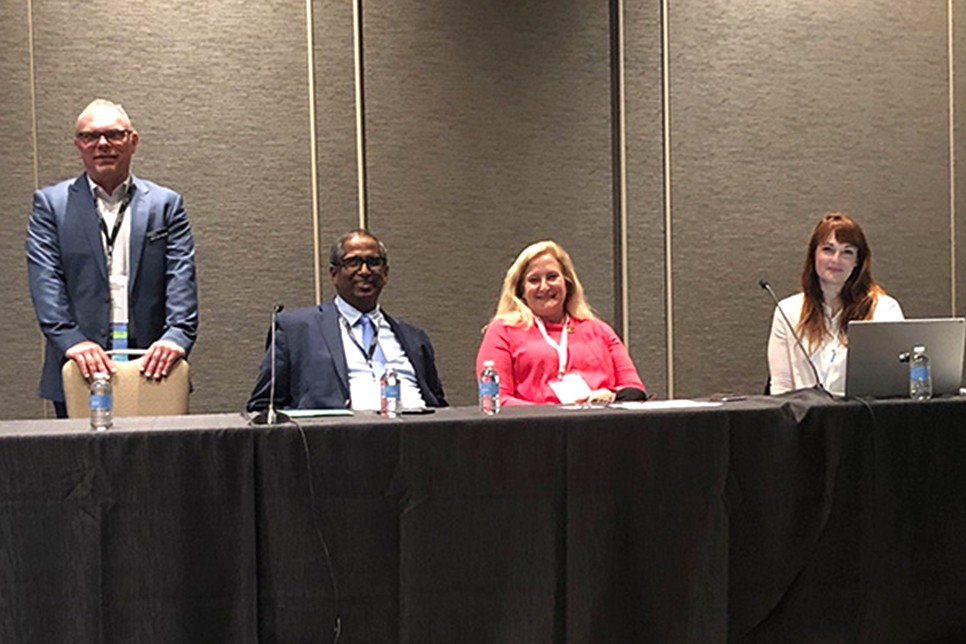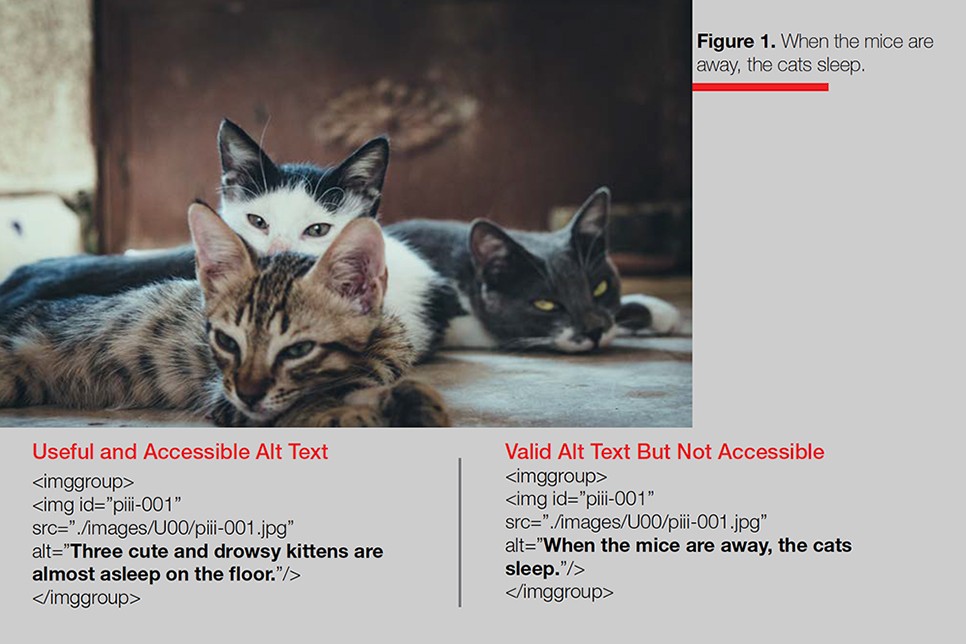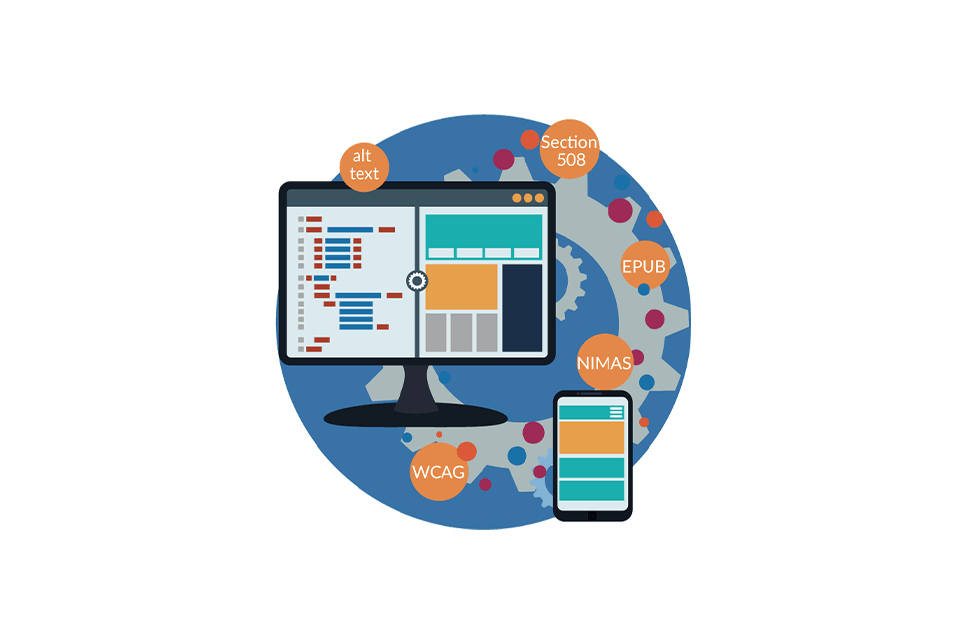
In this blog, we have listed several tactics for how to increase the speed of journal publication from clear author instructions, efficient peer-review, effective staffing and more.

When designing your publishing platform, there are many factors to consider to deliver an optimal user experience. It’s critical to establish a user-first driven process, as diagrammed below.

Website accessibility is not a new topic. In fact, it’s been a factor since 2010 when the Americans with Disabilities Act (ADA) published standards that digital technology and information must be accessible to all people.

Your website platform should be available to every person on any device. The following are critical considerations in a “mobile-first” world for maximizing discoverability and accessibility when creating the optimal user experience for journeys across all of your digital content.

In October, the United States Supreme Court handed down an order stating that it would not take up a plea from Domino’s pizza chain to reverse a decision in the U.S. 9th Circuit Court of Appeals stating that the company must make its website accessible to people with disabilities.

In recent years, Alt Text—a contextual description that conveys information on the appearance and function of an image or graphic in digital content—has become a hot topic for publishers. A common practice in education publishing where accessibility standards come in to play, there has been a wider awakening regarding the art and benefits of applying effective Alt Text for publishers and authors, particularly in the STM domain.

In recent years, the publishing industry has gone through a much-needed period of introspection with regard to how diversity and inclusivity are reflected, in both its workforce and output.

Accessibility is an approach to publishing and design that makes content available to all, including those with disabilities who use assistive technologies on the computer. The aim of accessible publishing is to make reading easier for users who have difficulties or disabilities including the blind, partially sighted, and people with learning disabilities.

The topic of accessibility is a priority for all types of publishers in 2018 and we project it's the year the majority will invest in making content accessible for all readers. Cenveo Publisher Services recently hosted a webinar on accessibility: "Digital Equality - The Importance of Accessibility in Your Publishing Strategy." If you did not catch the live webinar, you can stream it here. We received so many great questions during the webinar. However, we ran out of time before we could answer every one!


